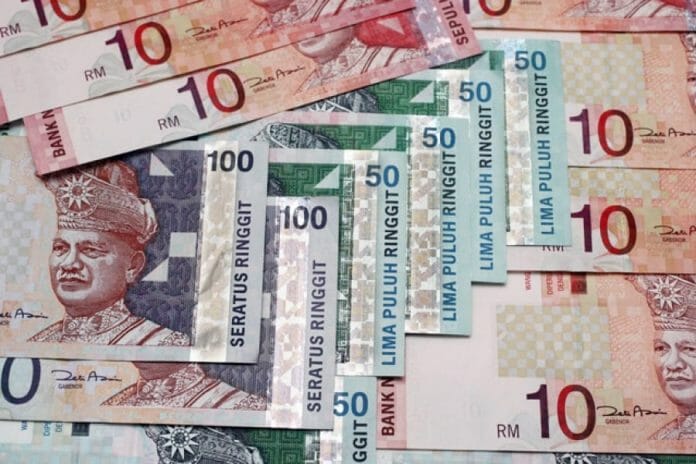The annual inflation rate in Malaysia came in at 3.7% in February 2023, unchanged from the previous month and compared with market forecasts of 3.6%.
The latest result remained at its lowest level since June 2022, with cost continuing to slow for both transport (3.7% vs 4.0% in January) and furnishings and household maintenance (3.4% vs 3.5%).
Data shows that prices of food & non-alcoholic beverages rose the most in three months (7% vs 6.7%), while inflation accelerated for housing (1.7% vs 1.5%), restaurants & hotels (7.4% vs 6.8%), and education (1.6% vs 1.3%). and miscellaneous goods & services (2.5% vs 2.3%).
Core consumer prices, which strip volatile items of fresh food and administered prices, increased by 3.9% in February, the same pace as in January, which was the smallest rise in five months. On a monthly basis, consumer prices went up by 0.2%, also the same rate as in January.
Looking at the bigger picture, one can take comfort in knowing that the subsidy rationalisation, price hikes and other initiatives will be able to help bring in higher revenue for the country, reduce gross development spending and contain the fiscal deficit which has grown to 5.8% of gross domestic product (GDP) in 2022.
Individuals from low and middle-income groups will feel the high cost of living even more.
With inflation expected to remain high into 2023, this will come as a blow to already cash-strapped families and pensioners.
Some means which would help ease Malaysian household spending, include:
Paying down your debt
With the high interest rates on credit cards, it makes sense to consider using any spare cash to reduce any outstanding balance on your credit cards – rather than injecting them into a savings account. And the best way to make inroads into your debts is to pay as little interest on your credit cards.
Malaysians can also consider utilising a credit card balance transfer facility to make full use of the interest-free period provided. Some cards offer 0% interest for up to 12 months. Compare and find the best balance transfer card that suits your needs.
If you carry a substantial amount of debt, engage Credit Counselling and Debt Management Agency (AKPK) to help manage your debts.
Make the most of your savings
If you are fortunate enough to have no credit card or other unsecured debts that need paying off, then your main priority for any spare money at your disposal should be to put it into a financial instrument that offers a rate that can keep up with the inflation rate. One such option is a fixed deposit account. At the moment, it’s still losing out to the rate of inflation but rates for longer fixed terms of up to a year may offer slightly higher returns.
Even with fixed deposit, it is prudent to take advantage of the promotions offered by different banks.
Fixed deposits let you grow your money but has one drawback; it does not allow you to be as flexible with your money as you would like to – at least not without penalties. If flexibility is a definite must for you, consider other higher risk investment options, such as unit trusts. However, different investment types cater to different risk.
Cut down on expenses
While getting the best deals on your savings, loans and credit cards can help to reduce the strain on your finances, cutting your day-to-day expenditure can also have a massive impact.
Identify areas with the highest monthly expenses and try to reduce it. For example, if most of your money goes to petrol, toll and car maintenance, perhaps it makes sense to commute using public transportation more often.
Making use of loyalty cards at places you shop the most will help, too. If you always go to the same hypermarket for groceries, then a loyalty or co-branded credit card will help you save more.








